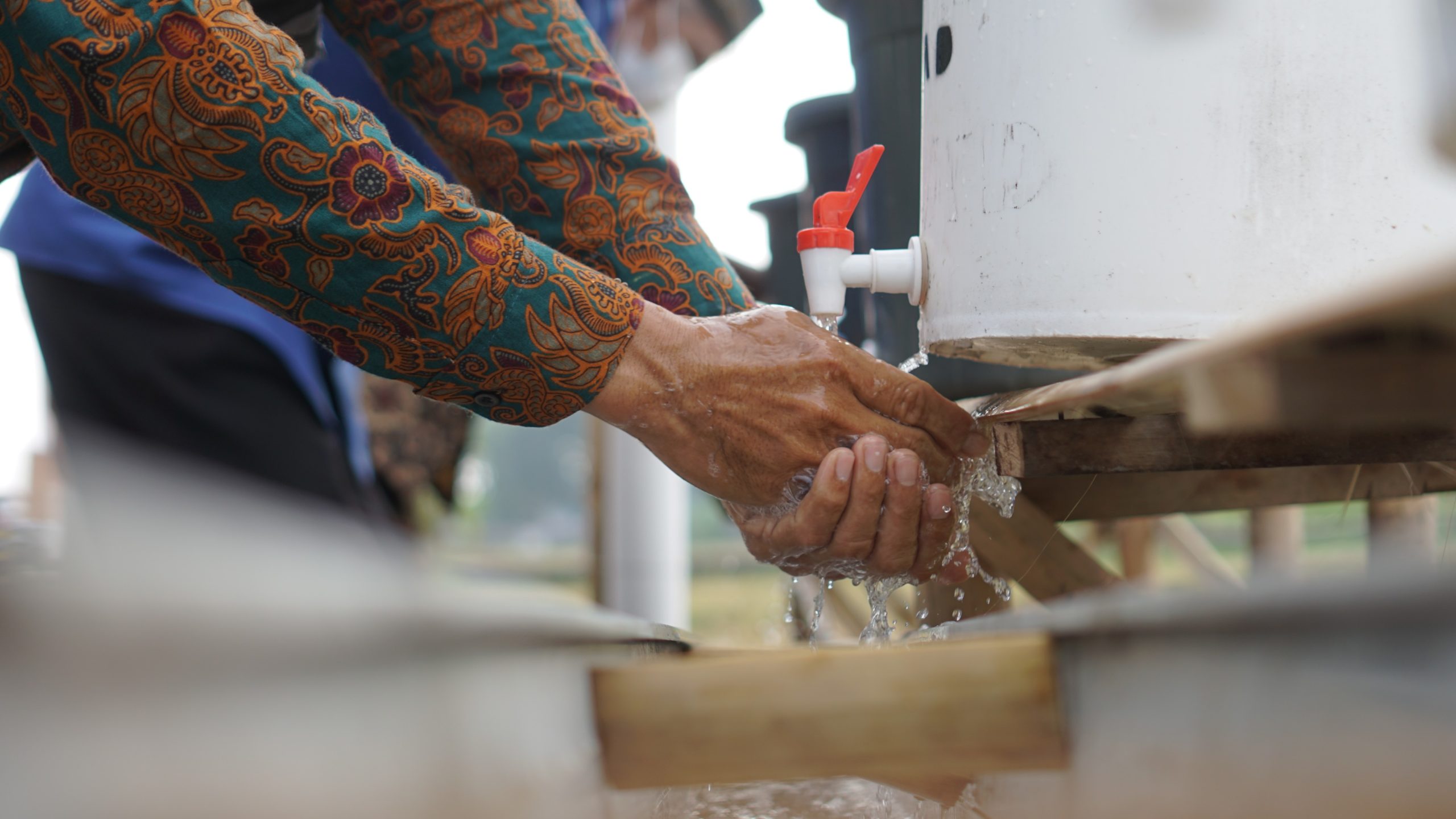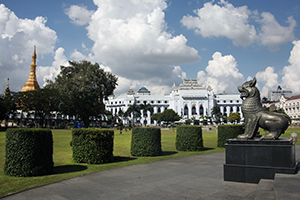
KE Seetha Ram
KE Seetha Ram is a senior consulting specialist for capacity building and training projects at ADBI.
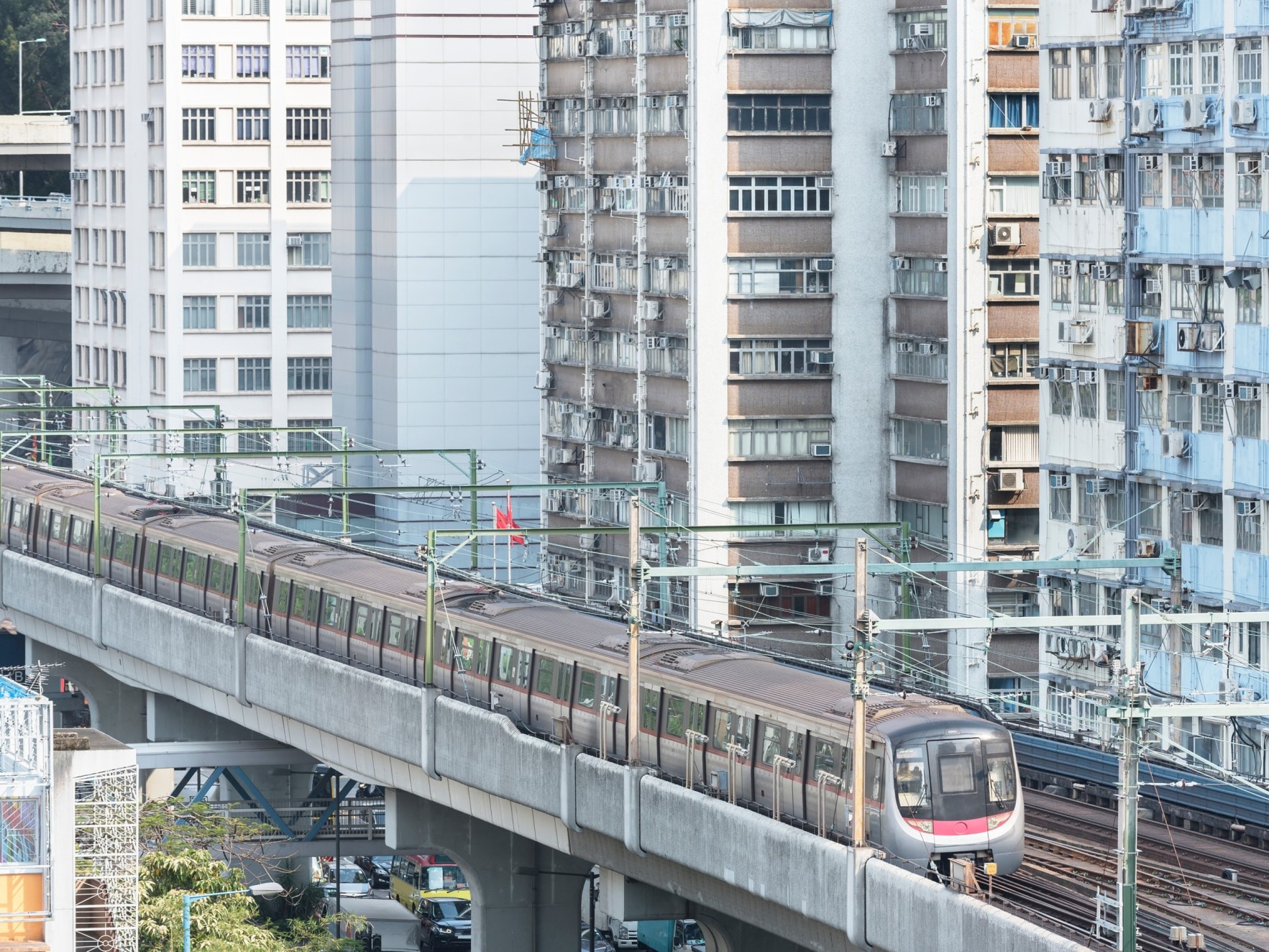
- Governance and public sector management, Urban Development
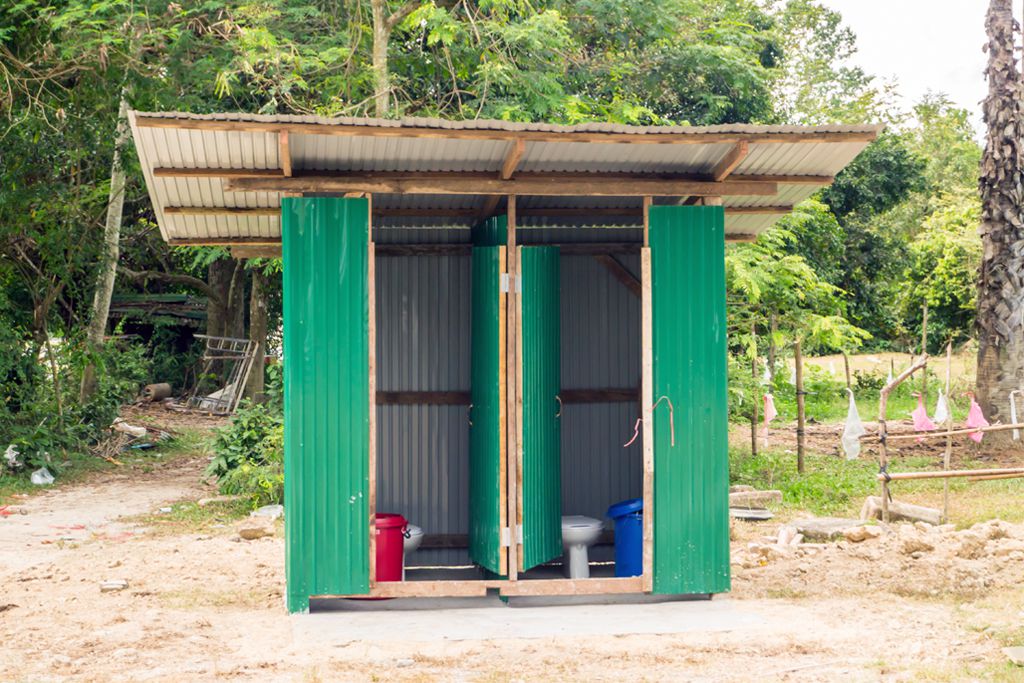
- Governance and public sector management, Health, Poverty, Social development and protection, Water
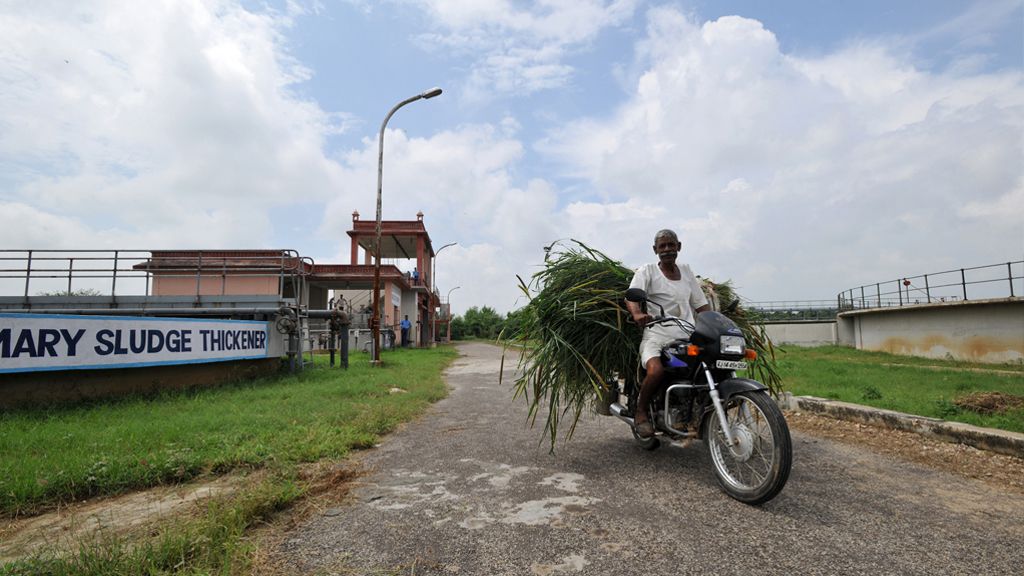
- Governance and public sector management, Health, Sanitation, Social development and protection, Water
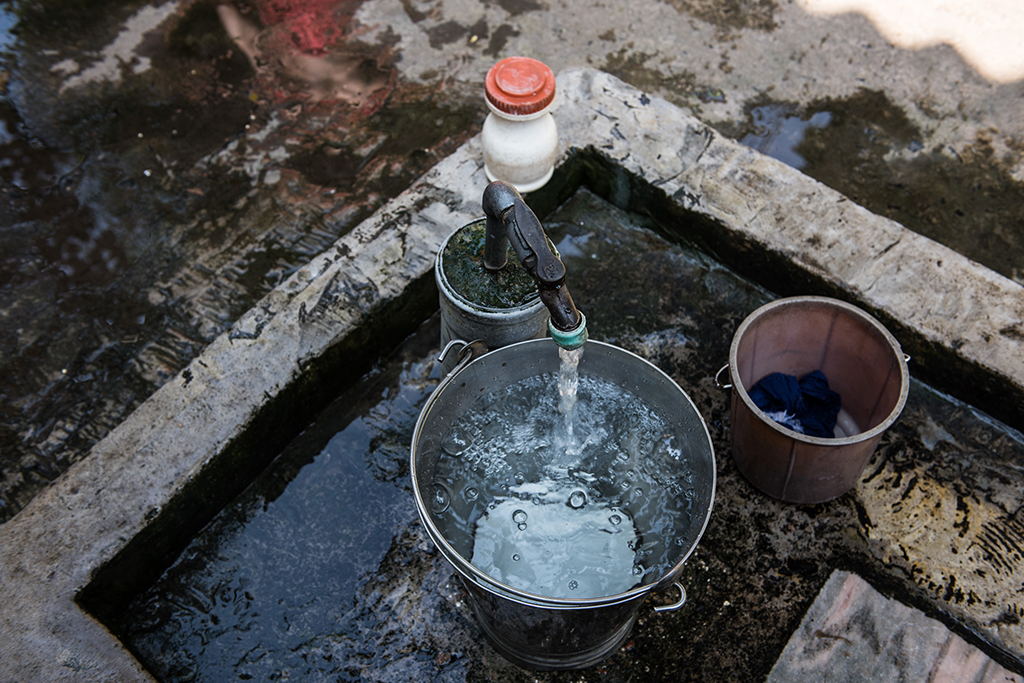
- Capacity development, Health, Social development and protection, Urban Development, Water
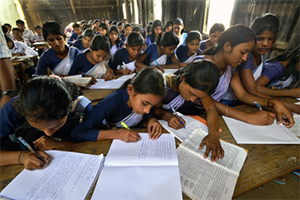
- Education, Gender, Sanitation
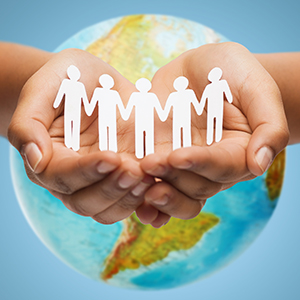
- Poverty, Social development and protection
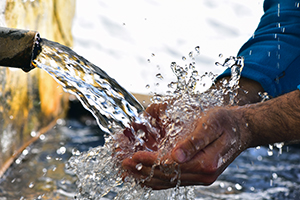
- Economics, Health, Social development and protection

